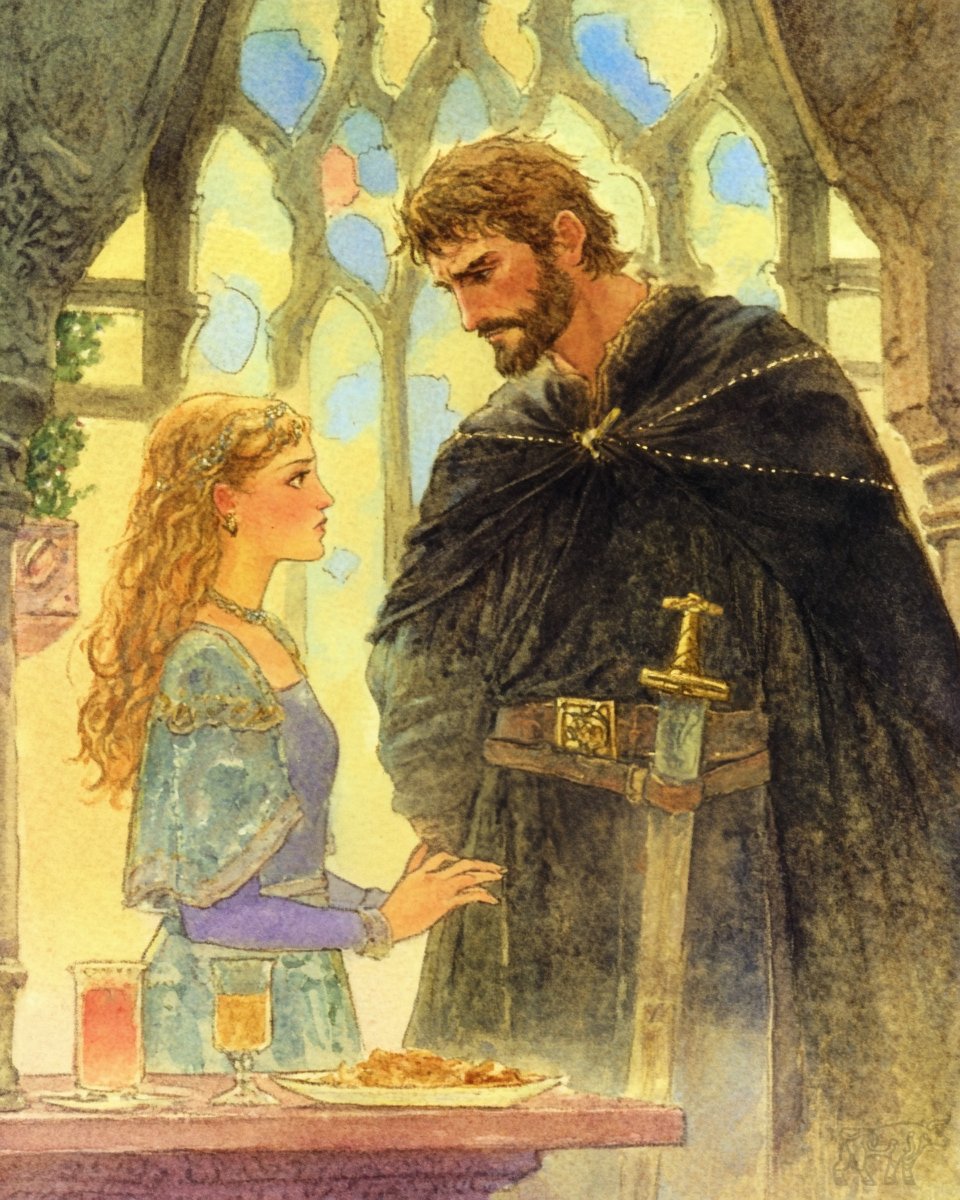The Knysna forest of South Africa still holds many secrets. Gareth Patterson has been trying to unravel these for the last two decades. His first interest being the African bush elephant, thought to be gone from the area, except for one solitary female elephant. 

Through Gareth's research he has discovered that there is actually tiny but viable population of elephants there still, and something far more mysterious, and even more elusive, The Otang. 

Gareth's first introduction to the Otang was a story by a group of wealthy and well-travelled German tourists, as follows. 

Gareth then continued his research trying to find evidence of the elephants, gaining more ground and becoming more certain that there was a viable population. He had found a spot in the forest he refers to as "The Secret Place", and after visiting it multiple times he saw Otang 



Gareth had befriended a local he calls Mrs. Jordaan where he learned the local name for these creatures 'Otang' Mrs. Jordaan had seem them years before when she was in her forties and recounts her story below 



‘They are like the elephants, Gareth,’ ‘They like the solitude and secretiveness, but,’ ‘a few of them are curious about us forest people. Like the one that I watched for about fifteen minutes one night.’
Mrs. Jordaan speaking to Gareth about Otang
Mrs. Jordaan speaking to Gareth about Otang
Mrs. Jordaan and other Forest People report that the Otang are primarily active at night, with most sightings happening during the night, though it is not unheard of to see one during the day, crossing a road, or fleeing, such as the German tourists encounter
On one retelling Gareth thought to ask Mrs. Jordaan how tall it was, with Mrs. Jordaan ultimately explaining it was over seven feet tall! 

Gareth then heard many reports from forestry workers in the area explaining that they are extremely Human-like, with these reports gradually changing Gareth's approach to finding both the Elephants and the Otang. Instead of actively searching for them, He would let them find him.
He then continued having multiple experiences with the Elephants, and eventually, a second Otang encounter. 



The Otang is not the only relict hominid purported to live in Africa, there are others such as Agogwe, Kakundakari, Fudu, Ogo. The Ogo is often described as almost identical to the North American Sasquatch 

Gareth has since had three more encounters that I do not have direct accounts for, as well has many other Forest People's personal accounts. Is it possible that a relict hominid, russet hair, and seven feet tall could lurk in the forest of Knysna? 

Maybe one day we will find more evidence than footprints and personal accounts that in the forest of Knysna not only does a lost population of elephants live, but also a lost branch of our family tree.
I encourage you to look into Gareth's work yourself, and pick up his books to read these accounts and more yourself.
• • •
Missing some Tweet in this thread? You can try to
force a refresh






















